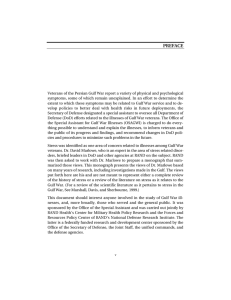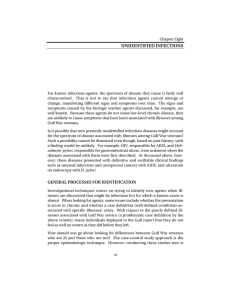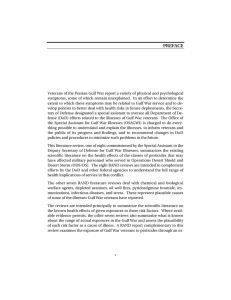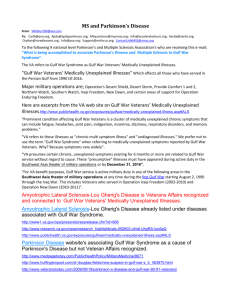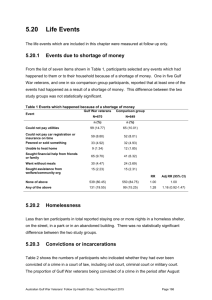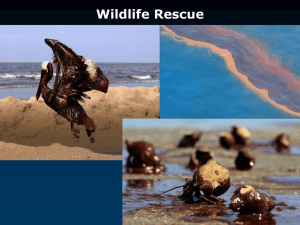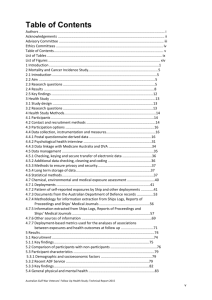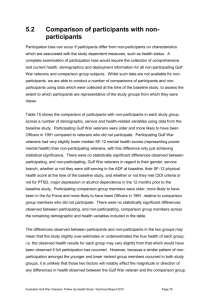Recognition of Gulf War Illnesses and the Need for
advertisement
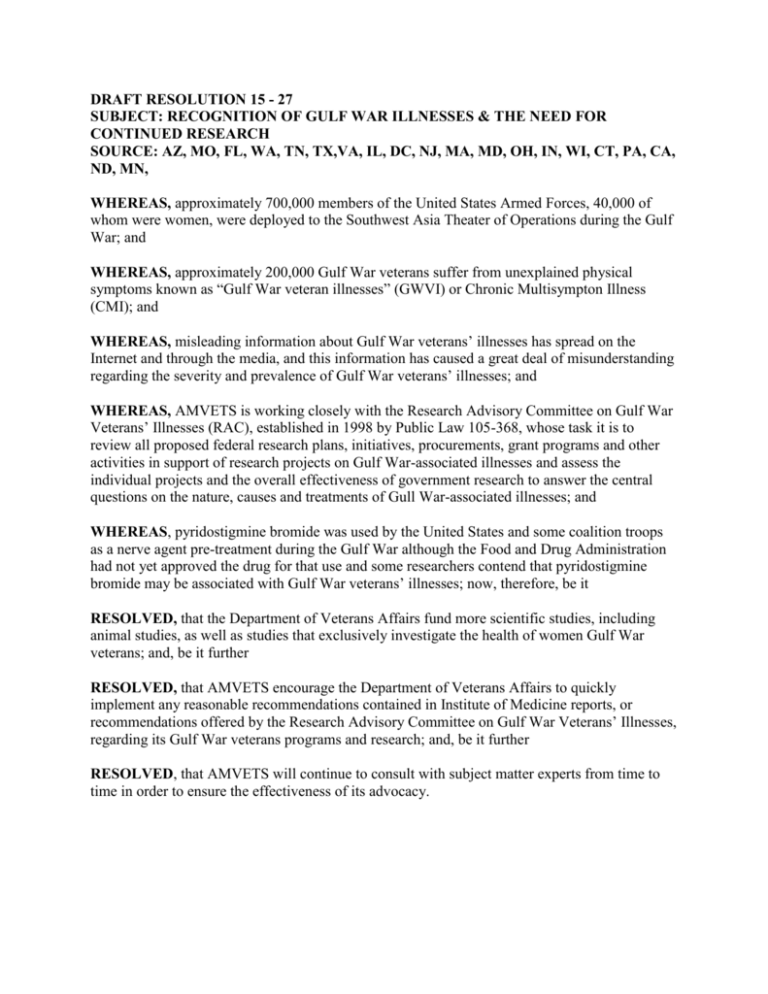
DRAFT RESOLUTION 15 - 27 SUBJECT: RECOGNITION OF GULF WAR ILLNESSES & THE NEED FOR CONTINUED RESEARCH SOURCE: AZ, MO, FL, WA, TN, TX,VA, IL, DC, NJ, MA, MD, OH, IN, WI, CT, PA, CA, ND, MN, WHEREAS, approximately 700,000 members of the United States Armed Forces, 40,000 of whom were women, were deployed to the Southwest Asia Theater of Operations during the Gulf War; and WHEREAS, approximately 200,000 Gulf War veterans suffer from unexplained physical symptoms known as “Gulf War veteran illnesses” (GWVI) or Chronic Multisympton Illness (CMI); and WHEREAS, misleading information about Gulf War veterans’ illnesses has spread on the Internet and through the media, and this information has caused a great deal of misunderstanding regarding the severity and prevalence of Gulf War veterans’ illnesses; and WHEREAS, AMVETS is working closely with the Research Advisory Committee on Gulf War Veterans’ Illnesses (RAC), established in 1998 by Public Law 105-368, whose task it is to review all proposed federal research plans, initiatives, procurements, grant programs and other activities in support of research projects on Gulf War-associated illnesses and assess the individual projects and the overall effectiveness of government research to answer the central questions on the nature, causes and treatments of Gull War-associated illnesses; and WHEREAS, pyridostigmine bromide was used by the United States and some coalition troops as a nerve agent pre-treatment during the Gulf War although the Food and Drug Administration had not yet approved the drug for that use and some researchers contend that pyridostigmine bromide may be associated with Gulf War veterans’ illnesses; now, therefore, be it RESOLVED, that the Department of Veterans Affairs fund more scientific studies, including animal studies, as well as studies that exclusively investigate the health of women Gulf War veterans; and, be it further RESOLVED, that AMVETS encourage the Department of Veterans Affairs to quickly implement any reasonable recommendations contained in Institute of Medicine reports, or recommendations offered by the Research Advisory Committee on Gulf War Veterans’ Illnesses, regarding its Gulf War veterans programs and research; and, be it further RESOLVED, that AMVETS will continue to consult with subject matter experts from time to time in order to ensure the effectiveness of its advocacy.
